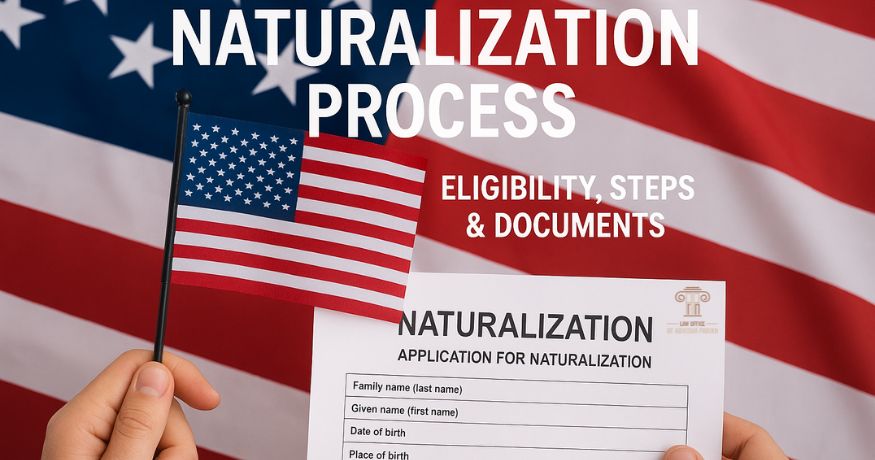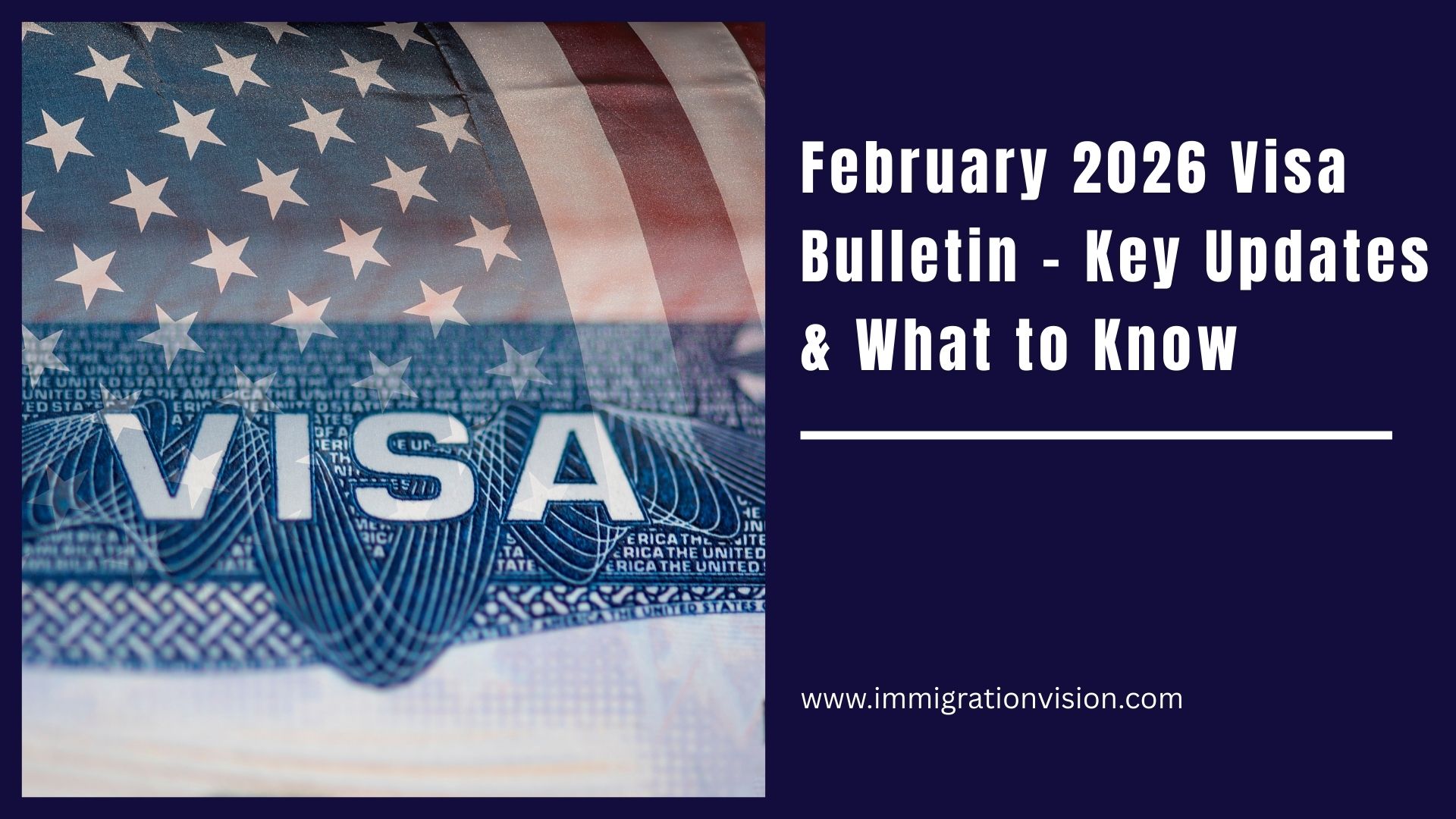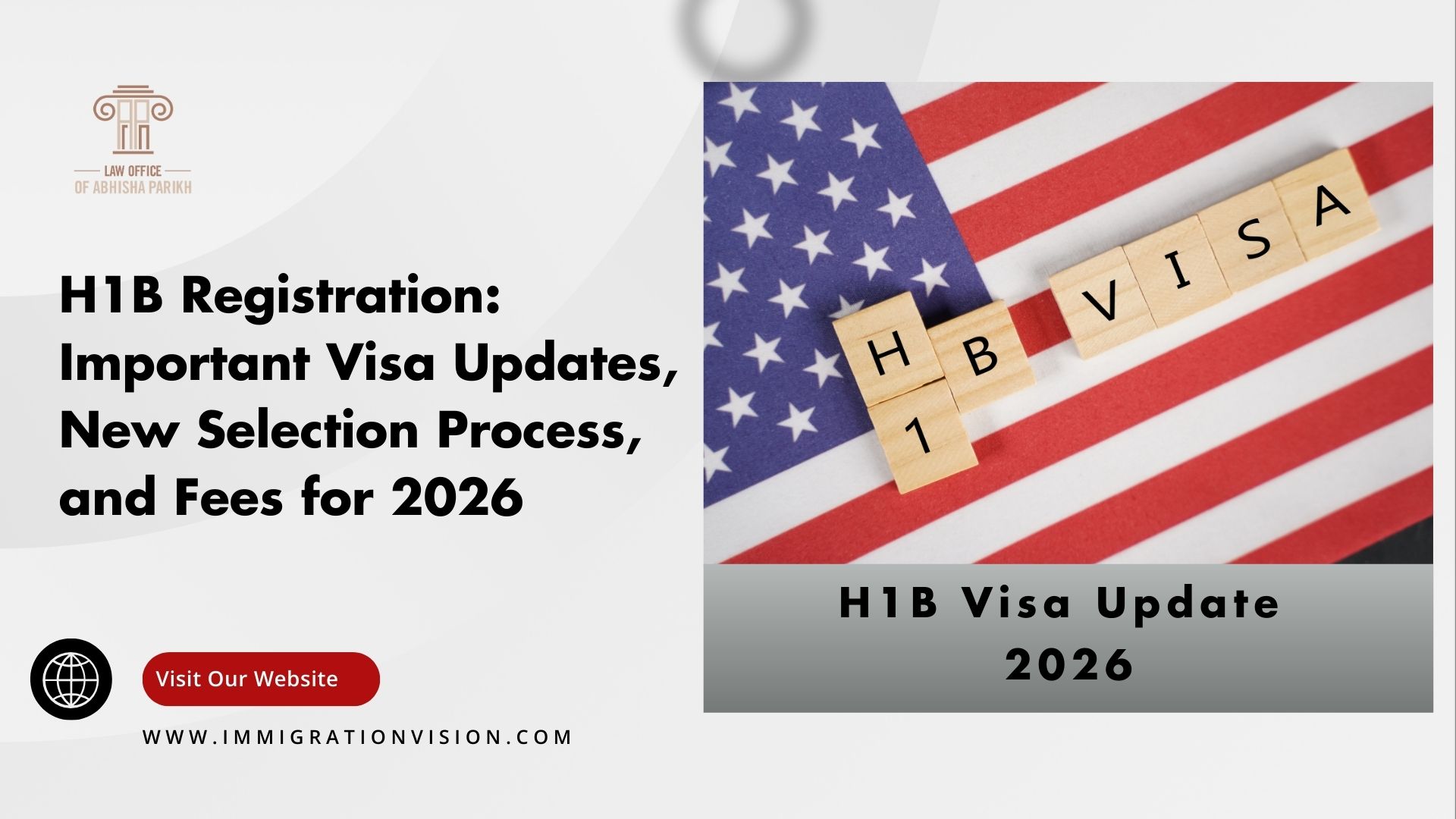Naturalization is the voluntary process of becoming a citizen of the United States after meeting certain immigration law requirements. This is a watershed moment for immigrants who desire to fully participate in civic life, vote, and benefit from all of citizenship’s advantages. This blog covers the notion of citizenship, qualifying requirements, the application procedure, crucial documentation, and recommendations to ensure a flawless experience from start to finish.
What Is the Naturalization Process and How Does It Work?
Naturalization is the legal process through which a foreign national becomes a U.S. citizen after meeting specific requirements set by immigration law. It allows individuals who were not born in the United States to enjoy the same rights, responsibilities, and privileges as natural-born citizens.
The process usually starts when a green card holder files Form N-400, Application for Naturalization, with the U.S. Citizenship and Immigration Services (USCIS). After applying, the person goes through several steps, including fingerprinting (biometrics), an interview, and citizenship tests that check their English skills and knowledge of U.S. history and government.
Once these steps are completed successfully, the applicant is invited to a naturalization ceremony, where they take the Oath of Allegiance and officially become a U.S. citizen. The entire process can take a few months, depending on USCIS processing times and each person’s situation.
Eligibility Requirements for Naturalization Process
To qualify for naturalization, applicants generally must meet the following criteria:
- Age: You have to be at least eighteen.
- Lawful Permanent Residency: You must have held a green card for at least 5 years (or 3 years if married to a U.S. citizen).
- Continuous Residence: You must have spent the necessary amount of time as a permanent resident of the United States.
- Physical Presence: For at least half of the necessary residency time, you must have been physically present in the United States.
- Good Moral Character: You must demonstrate good moral character, meaning no serious criminal record or dishonest conduct.
- English and Civics Test: You must be able to read, write, and speak basic English, and have knowledge of U.S. history and government.
- Oath of Allegiance: You must be willing to take the Oath of Allegiance to the United States.
Some exceptions exist for age, disability, or military service.
Steps in the Naturalization Process
The naturalization process includes several stages:
- Complete Form N-400: Fill out the Application for Naturalization (Form N-400) and pay the filing fee.
- Submit the Application: Mail or file the application online with USCIS, along with supporting documents.
- Biometrics Appointment: Attend a fingerprinting appointment so the FBI can run a background check.
- Interview and Civics Test: Attend your USCIS interview, where you’ll answer questions about your application, take the English test, and complete the civics test.
- Receive Decision: USCIS will either approve, continue, or deny your application.
- Oath Ceremony: If approved, you’ll receive a notice to attend your naturalization ceremony, where you take the Oath of Allegiance and receive your Certificate of Naturalization.
Documents Required for Naturalization Process
You must bring or submit a number of documents, such as:
- Green Card for Permanent Residency
- Passport or passports: Both valid and expired passports to display travel history
- Driver’s license or state ID
- Divorce decree or marriage license, if appropriate
- The latest three to five years’ tax returns
- Evidence of residency (lease, utility bills, etc.)
- Proof of Selective Service registration (for males aged 18 to 26)
- Police or court records (if appropriate)
Depending on your specific situation, USCIS may ask for more documentation.
How Long Will the Naturalization Process Take?
From the moment of application until the Oath Ceremony, processing durations might vary, although they typically take 8 to 12 months.
Timing is influenced by the following factors:
- Workload at the USCIS office
- Duration of background check
- Delays in arranging interviews
- Requests for more proof
Typical Causes of Application Rejections or Delays
Applications may be rejected or postponed for a number of reasons, including:
- Application forms that are erroneous or incomplete
- Absence of papers
- Past criminal activity
- Not fulfilling the requirements for residence or physical presence
- Child support or unpaid taxes
- failing the civics or English exam
- Not showing up for appointments
- After resolving the problems, applicants can often reapply or file an appeal.
How Long Is the Naturalization Interview?
Depending on your situation, the interview often lasts 20 to 45 minutes. The USCIS officer will do the following during this period:
- Examine your Form N-400.
- Inquire about your past.
- Give the English speaking, writing, and reading exam.
- administer the civics exam on American politics and history.
Tips for a Successful Application
- Apply only when eligible and ensure you meet all requirements.
- Review your N-400 form carefully before the interview.
- Bring all required documents, including originals and copies.
- Practice the English and civics test in advance.
- Be honest and consistent in your responses.
- Attend all USCIS appointments promptly.
- Consult an immigration attorney if your case is complex.
How an Immigration Attorney Can Help
An immigration lawyer is able to:
- Find out whether you qualify for naturalization.
- Assist you in accurately filling out and filing Form N-400
- Get ready for the exam and interview.
- Represent you in the event of difficulties, hold-ups, or rejections
- Assist you with complicated background concerns or criminal record difficulties
- Legal advice can increase the likelihood of approval, save time, and lessen stress.
Is Naturalization the Same as Getting Citizenship?
The process of obtaining U.S. citizenship if you were not born in the country is called naturalization. People born in the U.S. (or to U.S. parents abroad) are citizens by birth, while naturalized citizens gain the same rights and responsibilities through the naturalization process.
Do They Take Your Passport at a Naturalization Interview?
No. USCIS does not take your foreign passport at the interview. You must bring it to verify your travel history, but it is returned to you afterward.
However, once you become a U.S. citizen, you should use your U.S. passport for all future international travel.
Do I Need to Bring Tax Returns to a Naturalization Interview?
Yes. USCIS often requests tax returns for the past 3 to 5 years to confirm you have met your financial and residency requirements.
If you owe any taxes, it’s important to show proof of payment arrangements.
Can I Bring Someone with Me to My Naturalization Interview?
Usually, you must attend the interview alone.
Exceptions:
- Applicants needing a translator (if allowed)
- Applicants with a disability may bring an interpreter or representative
- Attorneys may accompany clients if arranged in advance
Friends or family members are typically not permitted inside the interview room.
Do They Take Your Green Card at a Naturalization Interview?
Not at the interview itself, but once your application is approved and you take the Oath of Allegiance, USCIS will collect your green card during the oath ceremony. You will then receive your Certificate of Naturalization as proof of citizenship.
How Much Notice Does USCIS Give for a Naturalization Interview?
USCIS generally sends a Notice of Interview (Form I-797C) about 2 to 6 weeks before your scheduled interview date.
This notice includes the date, time, and location of your interview, along with instructions on what to bring.
How Do I Know I Passed the Naturalization Interview?
At the conclusion of your interview or soon thereafter, you will often get a decision notification.
- Accepted: You will be notified of your Oath Ceremony after passing.
- Proceeding: You must either repeat a section of the test or provide additional information to USCIS.
- Rejected: You may reapply or file an appeal since your application did not fulfill the standards.
Conclusion
Becoming a U.S. citizen through naturalization is a rewarding and life-changing achievement. While the process involves several steps and requirements, careful preparation and attention to detail can make it much smoother. Understanding the eligibility criteria, preparing for your interview, and staying organized with your documents are key to success.
At Immigration Vision, we guide applicants every step of the way to ensure a smooth naturalization process. Our experienced immigration attorneys provide personalized support, helping you prepare for interviews, organize documents, and increase your chances of approval.
Ready to become a U.S. citizen? Contact Immigration Vision today to schedule a consultation and start your naturalization journey with confidence.





